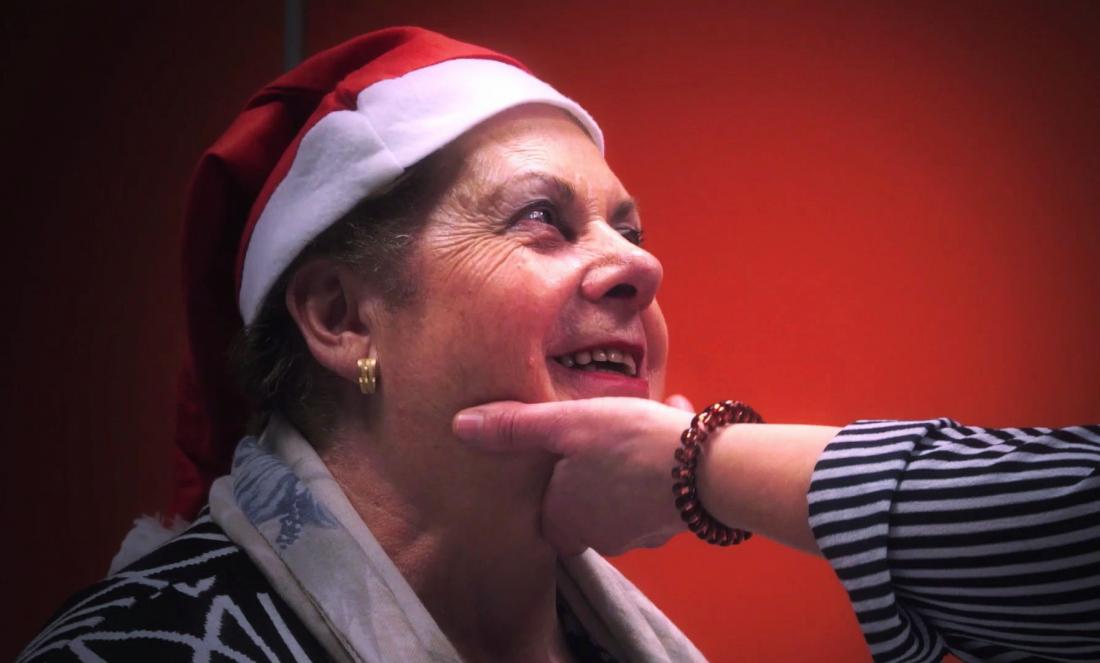
Thinking well to treat well
Some things are learned little by little, throughout life. Without realising it. What attracts us to people, what we dislike, what we choose or reject. These choices are influenced by places and culture, the environment in which we live and grow up.
All this is what, little by little, gives rise to stereotypes. And in this matter of stereotypes, old age takes the upper hand. There is no stage of life that has more and all of them negative. Sick, frail, unproductive, uncompromising, dependent or like children are common terms and descriptions of older people, especially when they need care. The point is that this is the way we think, this is the way we treat, and this treatment will influence people's capabilities and well-being.
If we think that the people we care for are like children, this is how we will treat them, proposing childish tasks, speaking slowly, with a louder voice than necessary, and using diminutives and expressions that are not relevant. And so, without realising it, and with the best of intentions, we will increase their dependence. And this is more evident the greater the need for help in everyday life.
All in all, having a realistic or positive image of old age is compulsory for everyone, especially for those of us who are concerned about ageing. For that, it can help us to think and treat in the singular rather than in the plural. Getting closer to, getting to know and recognising each older person with whom we interact on a daily basis is the best antidote to stereotypes.
Only in this way will it be possible for us to identify abilities and preferences and generate spaces and moments of well-being. There is no other way. To help you reflect on and do the exercise of looking at ourselves, we offer you a spot that shows a daily situation with a paternalistic background.
This spot is part of the video series of the “Ponte en mi lugar” initiative, aimed at promoting respectful and dignified treatment of people.
A final note. Thinking well about one's own aging is good for all of us. People who do so live longer, and certainly better, than those who value it as something negative. We have a task.

Add new comment